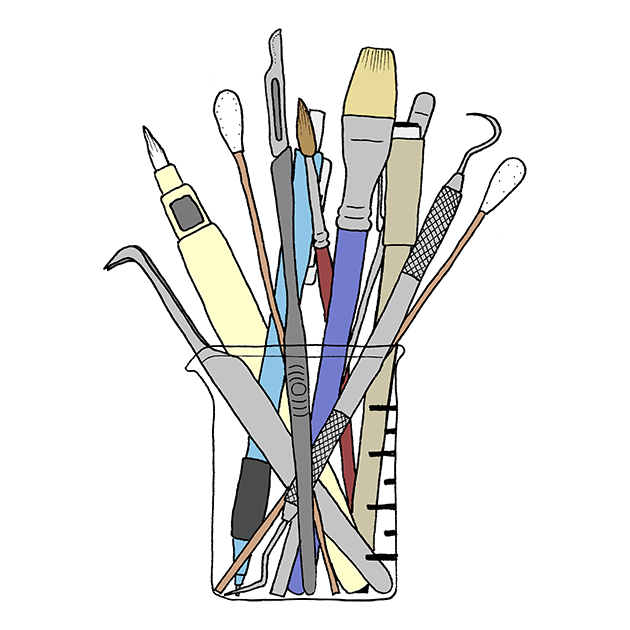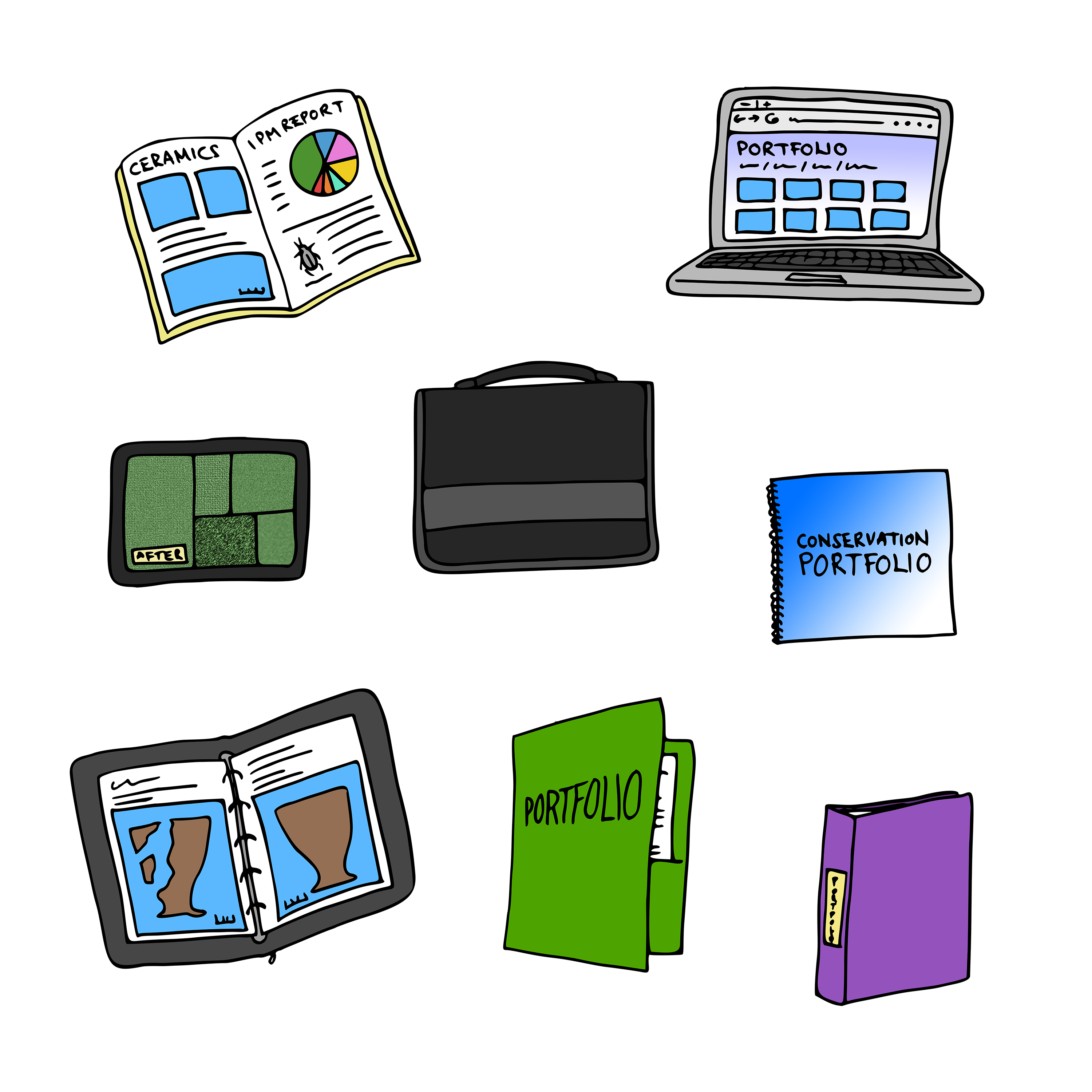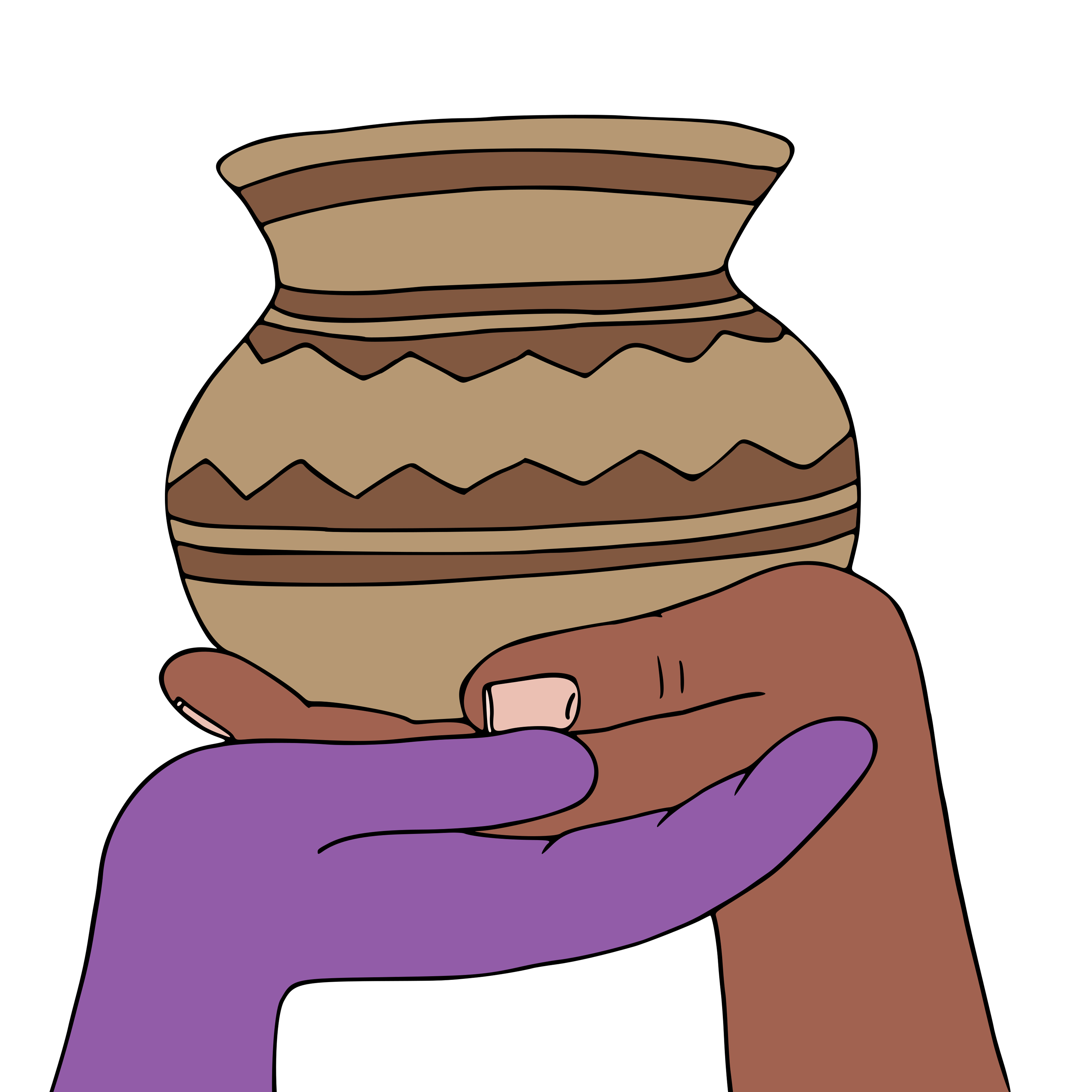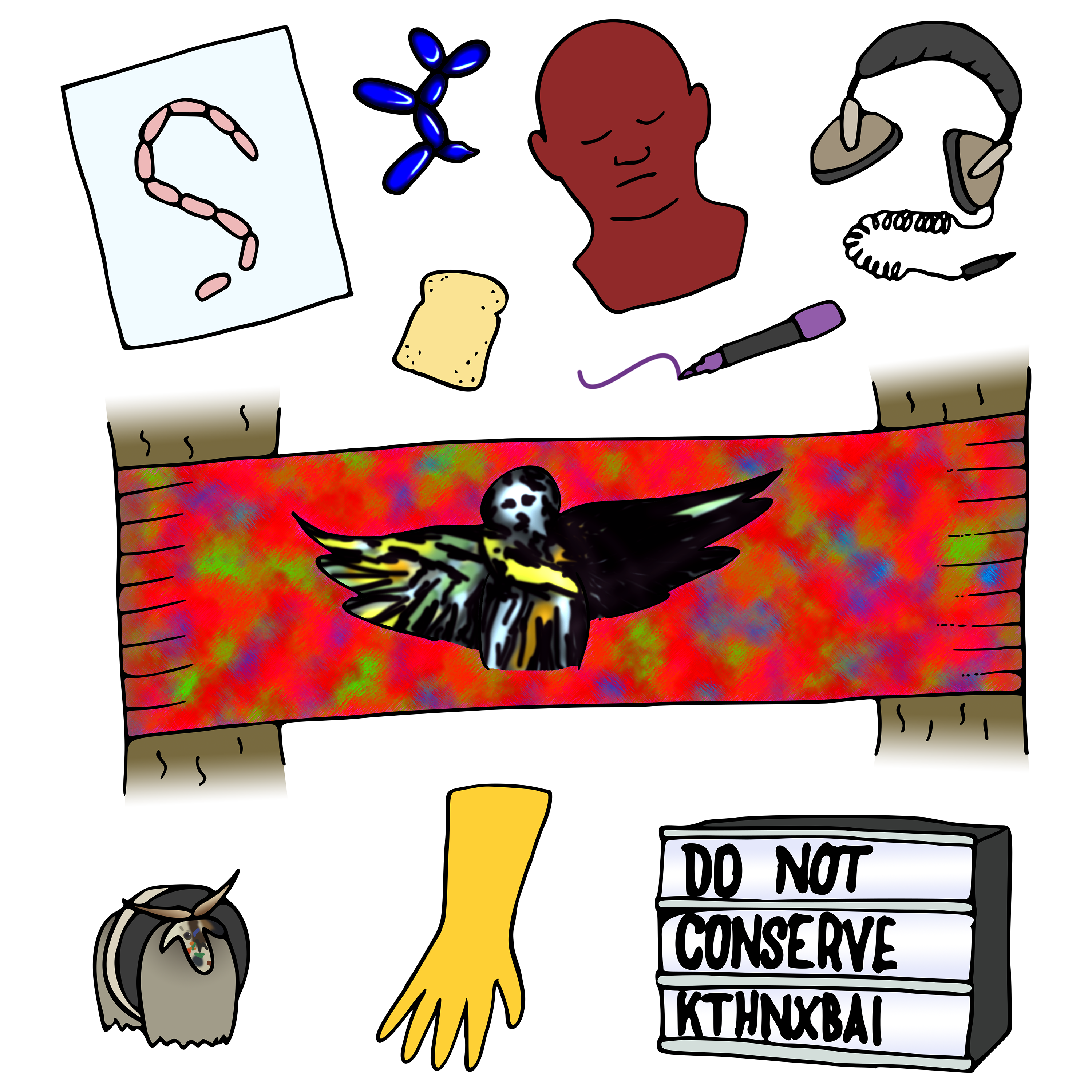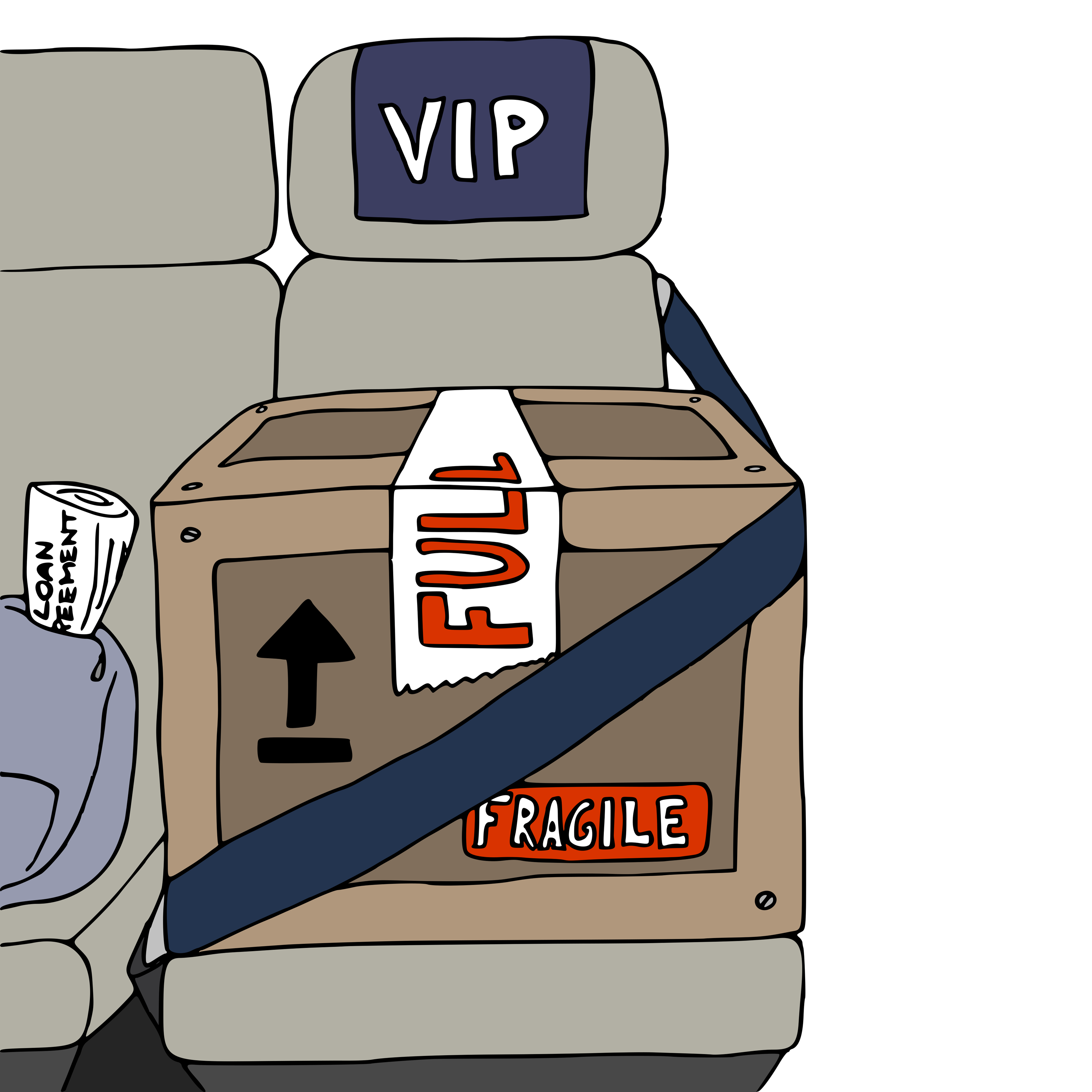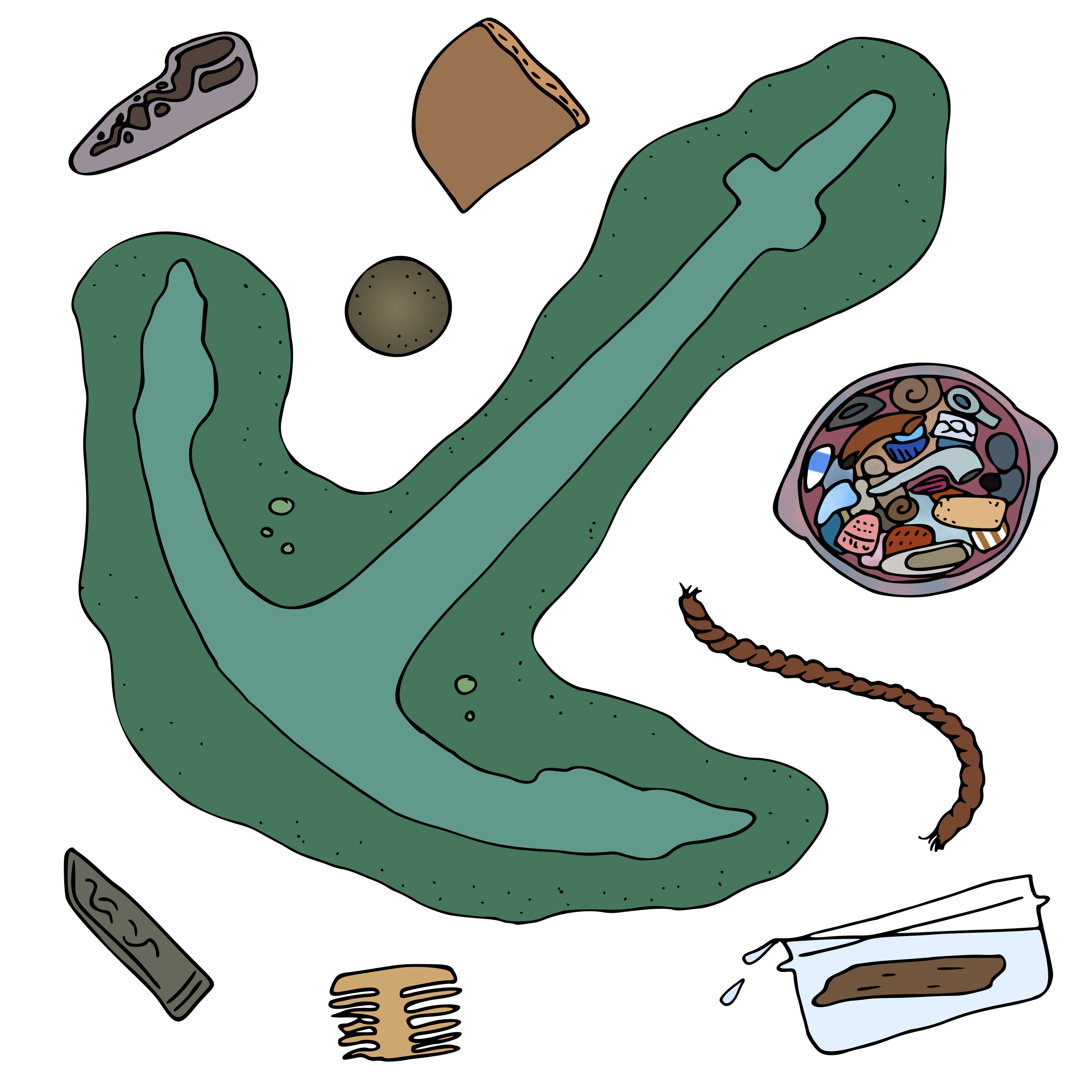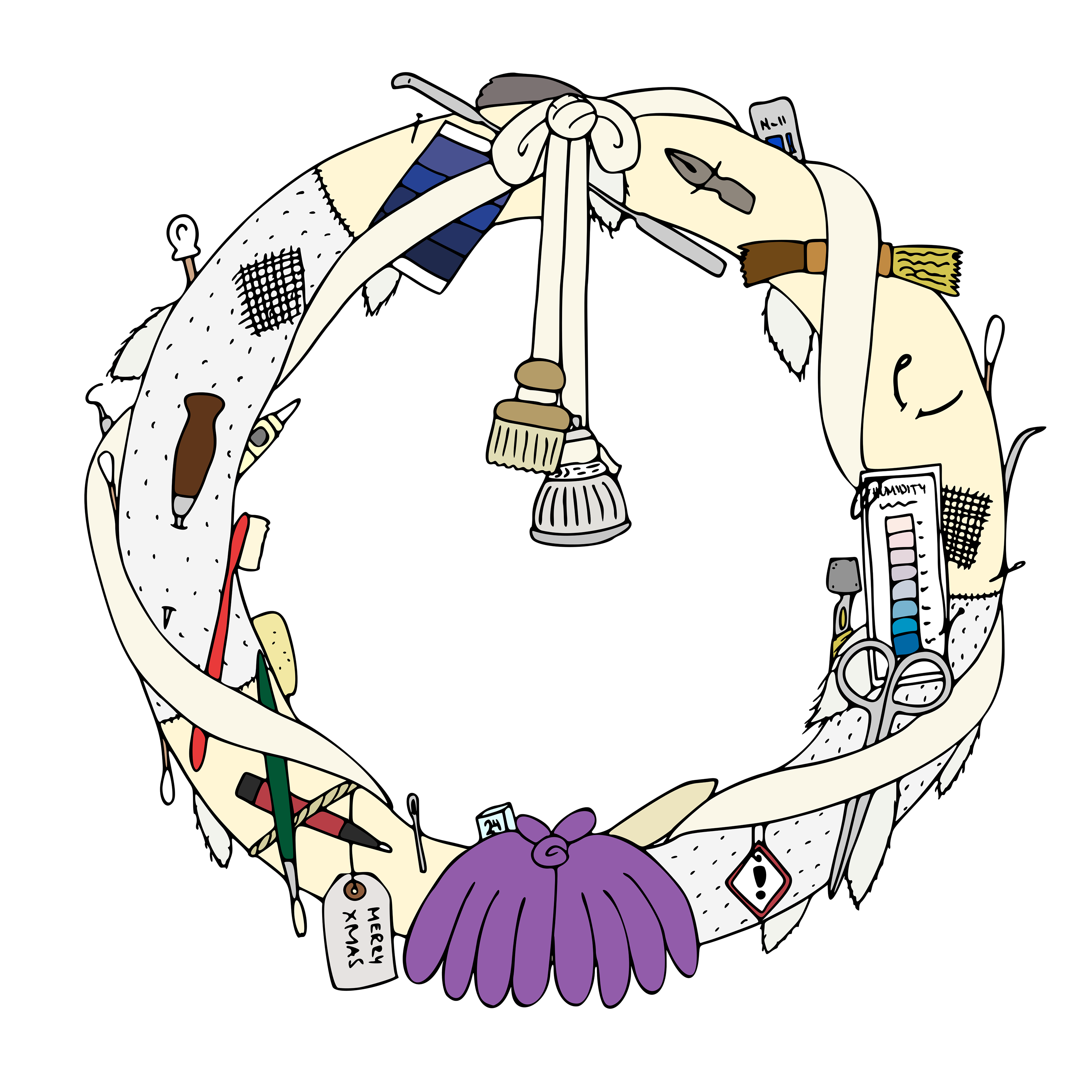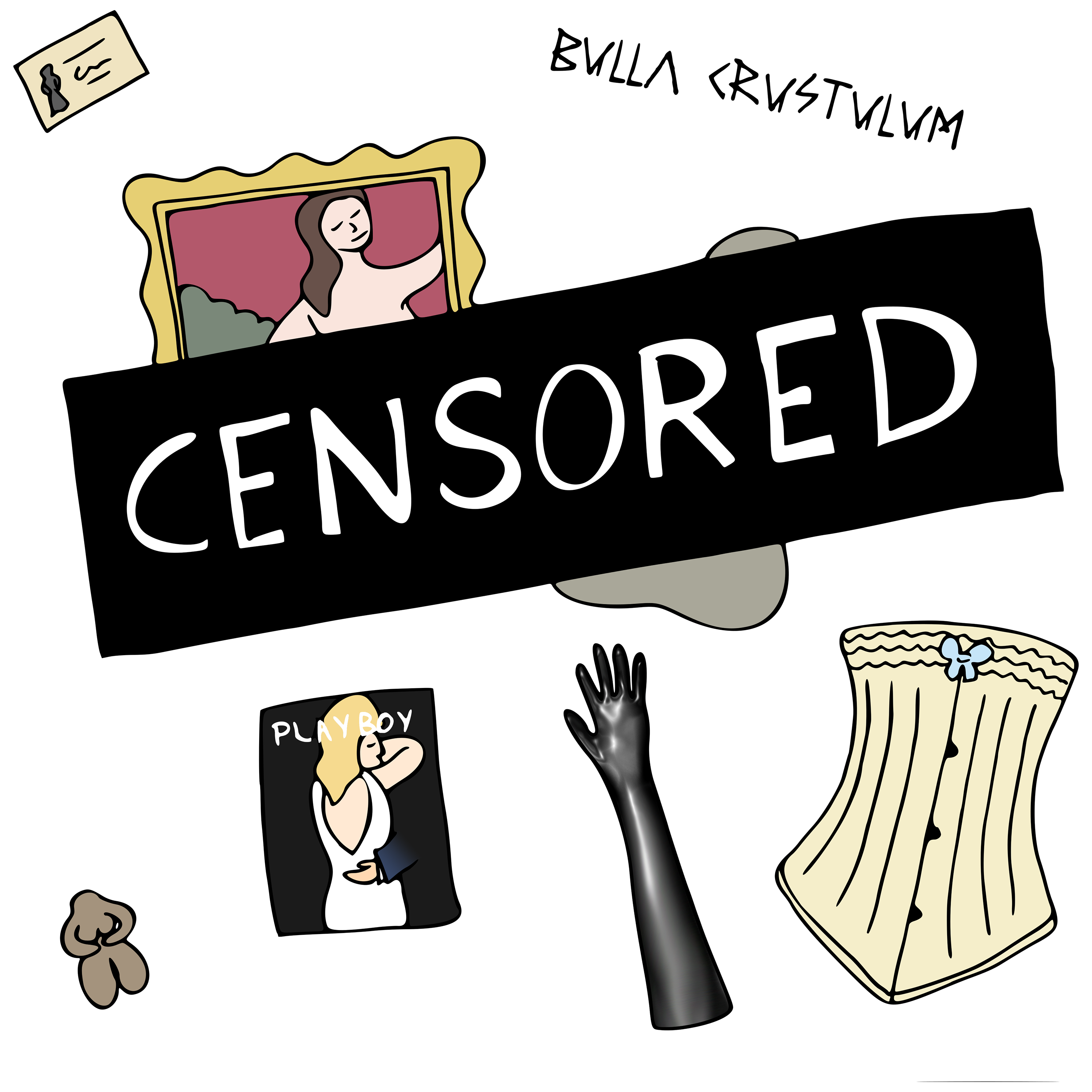Ho ho ho! We review our predictions for 2018 and make some new ones for 2019, listen to a museum version of The Night Before Christmas, and play a parlour game! Also tune in for this year’s version of 12 Days of Christmas with St Edmund’s Choir, plus a seasonal Dear Jane!
02:34 Museum advent calendars
06:57 Our predictions for 2018 from last year
13:56 Our new predictions for 2019
21:02 The Curator’s 12 Days of Christmas
25:22 Let’s play twenty— oh, TEN questions!
48:50 The Night Before Christmas
50:43 Dear Jane
52:38 Need a Christmas gift?
53:25 Patreon shout-out
Show Notes:
– Examples of suffragette exhibitions in the UK during 2018: https://www.theguardian.com/travel/2018/jan/31/centenary-votes-for-women-anniversary-events-parades-exhibitions-suffragette-pankhurst
– Spanish ‘restorations’ make headlines again: https://news.artnet.com/art-world/botched-st-george-restoration-spain-1309535
– St Edmund’s Choir: http://www.stedmundschoir.com
– Alphonsine bulldog magnet: https://www.etsy.com/uk/listing/667943519/bulldog-magnet-design-collection-first
– Conservator Secret Santa Pinterest board: https://www.pinterest.co.uk/thecwordpodcast/conservator-secret-santa/
– Conservator Gift Ideas Pinterest board: https://www.pinterest.co.uk/thecwordpodcast/conservator-gift-ideas/
***
Carol text for The Twelve Days of a Conservator’s Christmas (written by Kloe Rumsey, Christina Rozeik, Tom Sutch, and Jenny Mathiasson):
1 a tube of B72
2 purple gloves
3 fresh finds
4 crawling furs
5 old rings
6 hats a-fraying
7 pots for packing
8 books for binding
9 rugs unravelling
10 jars a-seeping
11 paintings peeling
12 coins corroding
***
The Night Before Christmas (text by Jenny Mathiasson, Benjamin Fox, and Kloe Rumsey)
Twas the night before Christmas, when all through this place
Not a creature was stirring, not a thing in its case.
Festive stock was arranged in the gift shop with care,
In hopes that the visitors soon would be there.
The objects were nestled snug in their crates,
From hand axe and flint to sculptures and plates.
Curators had gone and conservators too,
Alone was security who was making a brew.
When up on the roof there arose such a clatter,
The guard sprang from the kettle to see to the matter.
Were seasonal thieves stealing the lead?
For atop the building had parked a big sled!
From it emerged someone rotund and thick,
The guard knew in a moment it must be St Nick!
He squeezed down the chimney and soon re-emerged,
Covered in cobwebs and other filth he’d disturbed!
Snow on his boots sent the humidity soaring,
The environment would certainly need some restoring.
On his way from the mantle he’d stepped on a trap,
Leaving a boot print which would definitely puzzle the lab.
He consulted the map, passing toilets and stairs,
Past cases of rocks, odd primates, and wares.
Scanning around, there was no scent of pine,
Barely a hint of tinsel, nor a whiff of mulled wine!
’Til he encountered the tree, the jewel of the hall,
Where he unloaded his sack, producing gifts big and small.
Books, walkie-talkies, and tools ergonomic,
Brushes, adhesives – even detergent (non-ionic).
But where was his treat, to sustain on the way?
No food in the gallery, he took to the café.
A mini of sherry swiped from the supply,
Some gingerbread biscuits and a cheeky mince pie!
Spotting the guard, nearing the end of his shift,
He brought forth a flask – a personal gift!
And laying his finger aside of his nose,
And giving a nod, up the chimney he rose!
He sprang to his sleigh, to his team gave a whistle,
And away they all flew like the down of a thistle.
He was heard to exclaim as he drove out of sight:
“Happy Christmas to all, and to all a good-night!”
***
!! SPOILERS !!
Museums from 10 Questions game:
– Pitt Rivers Museum: https://www.prm.ox.ac.uk/
– V&A Dundee: https://www.vam.ac.uk/dundee
– Vindolanda Museum: http://www.vindolanda.com/roman-vindolanda/vindolanda-museum
– The Pencil Museum: https://www.derwentart.com/en-gb/c/about/company/derwent-pencil-museum
– The Museum of Witchcraft and Magic: https://museumofwitchcraftandmagic.co.uk/
– The Gordon Museum of Pathology: https://www.kcl.ac.uk/gordon/index.aspx
***
Support us on Patreon!
Hosted by Jenny Mathiasson, Kloe Rumsey, and Christina Rozeik.
Intro and outro music by DDmyzik used under a Creative Commons Attribution license. Additional sound effects and music by Calum Robertson and SoundBible.
Made available under a Creative Commons Attribution-NonCommercial 4.0 International license.
A Wooden Dice production, 2018.
